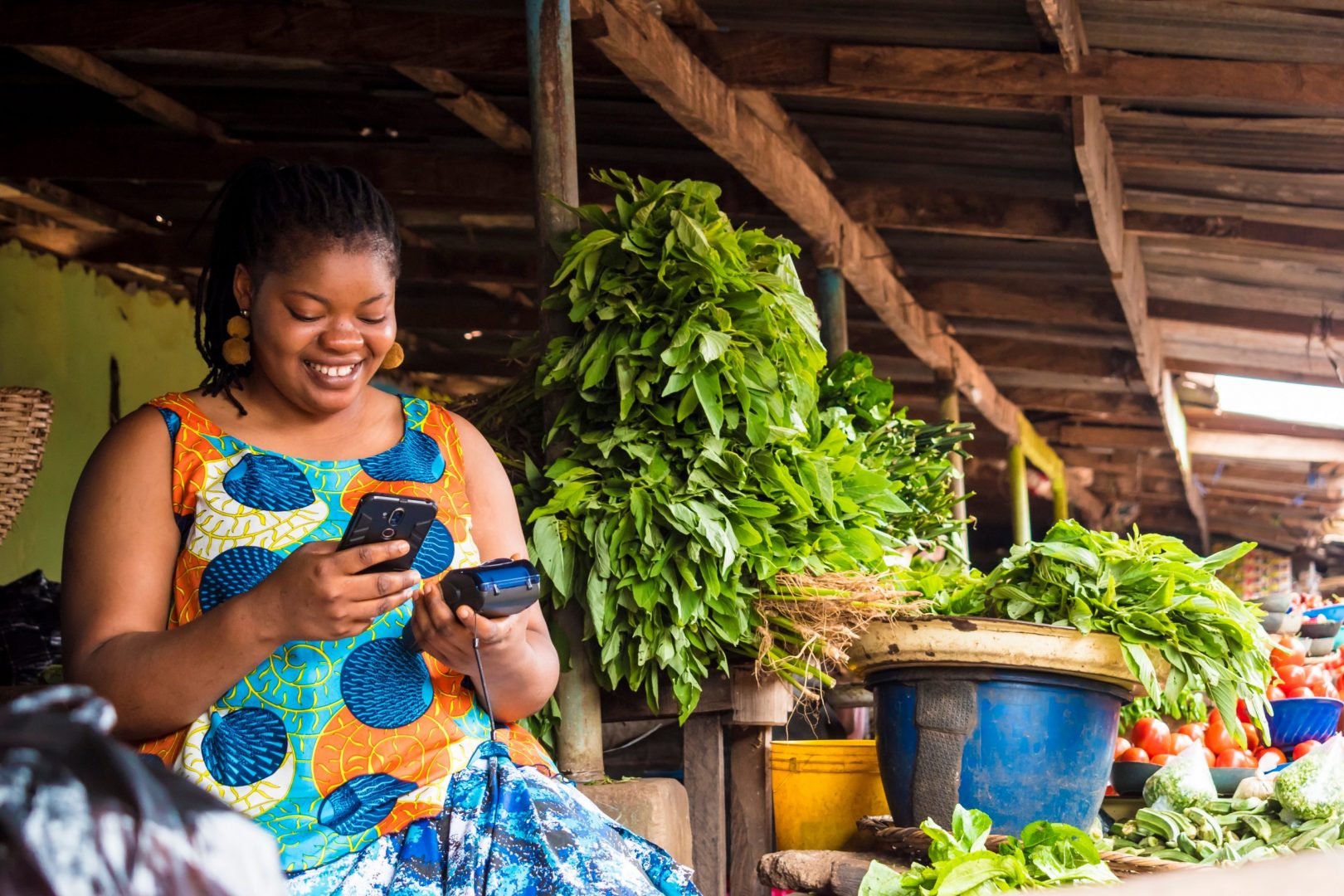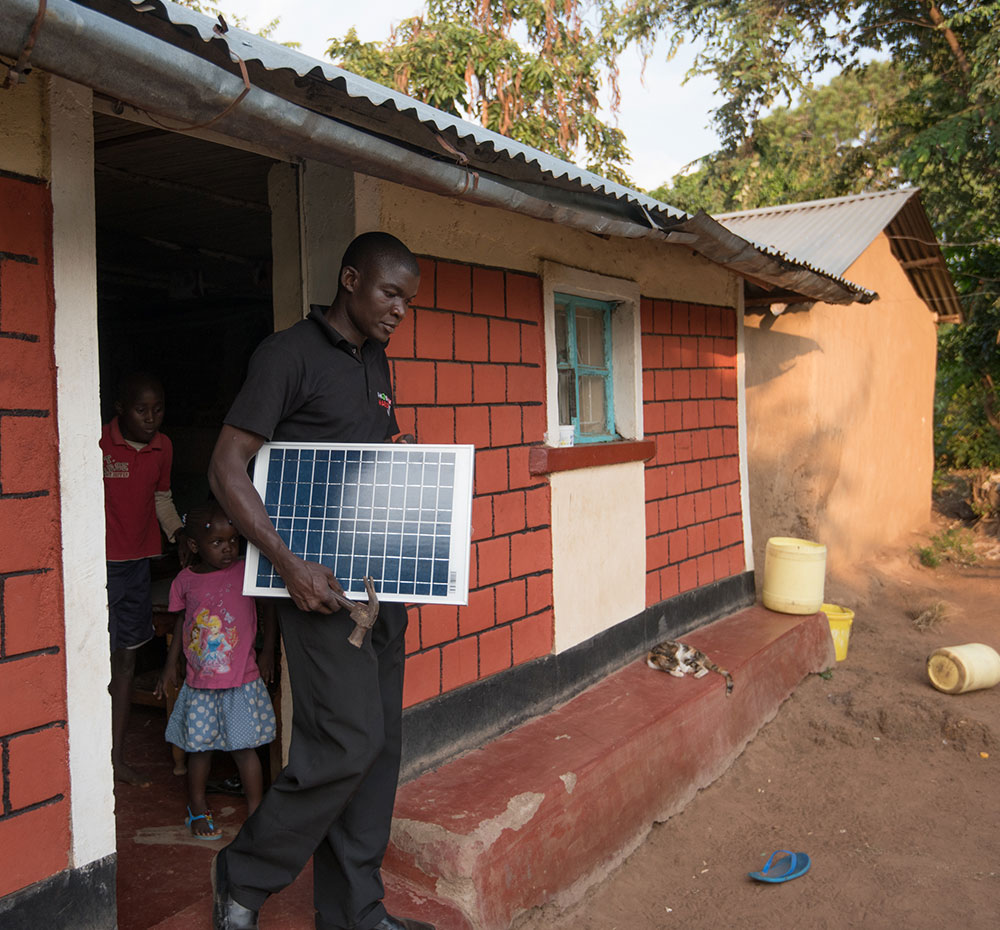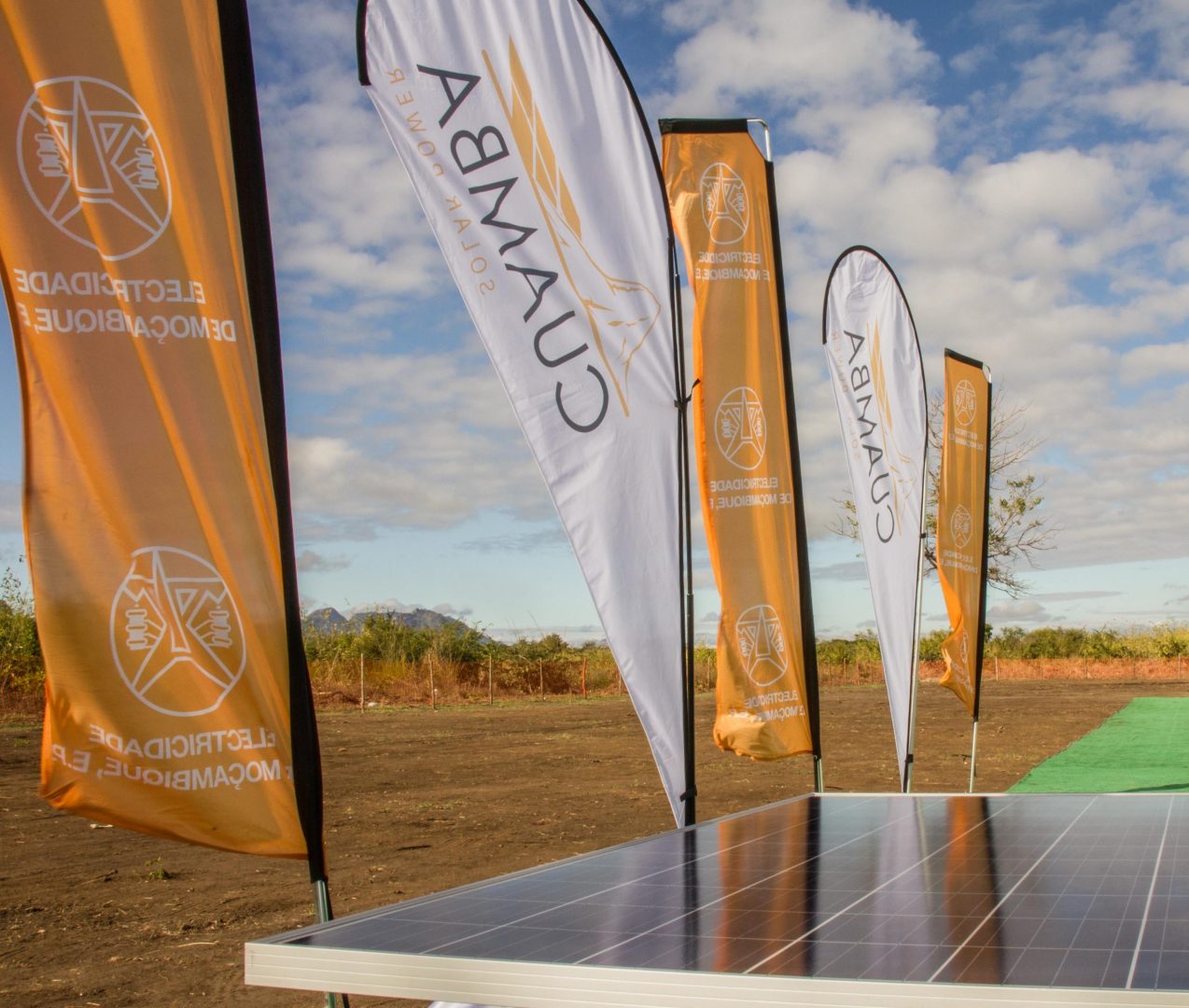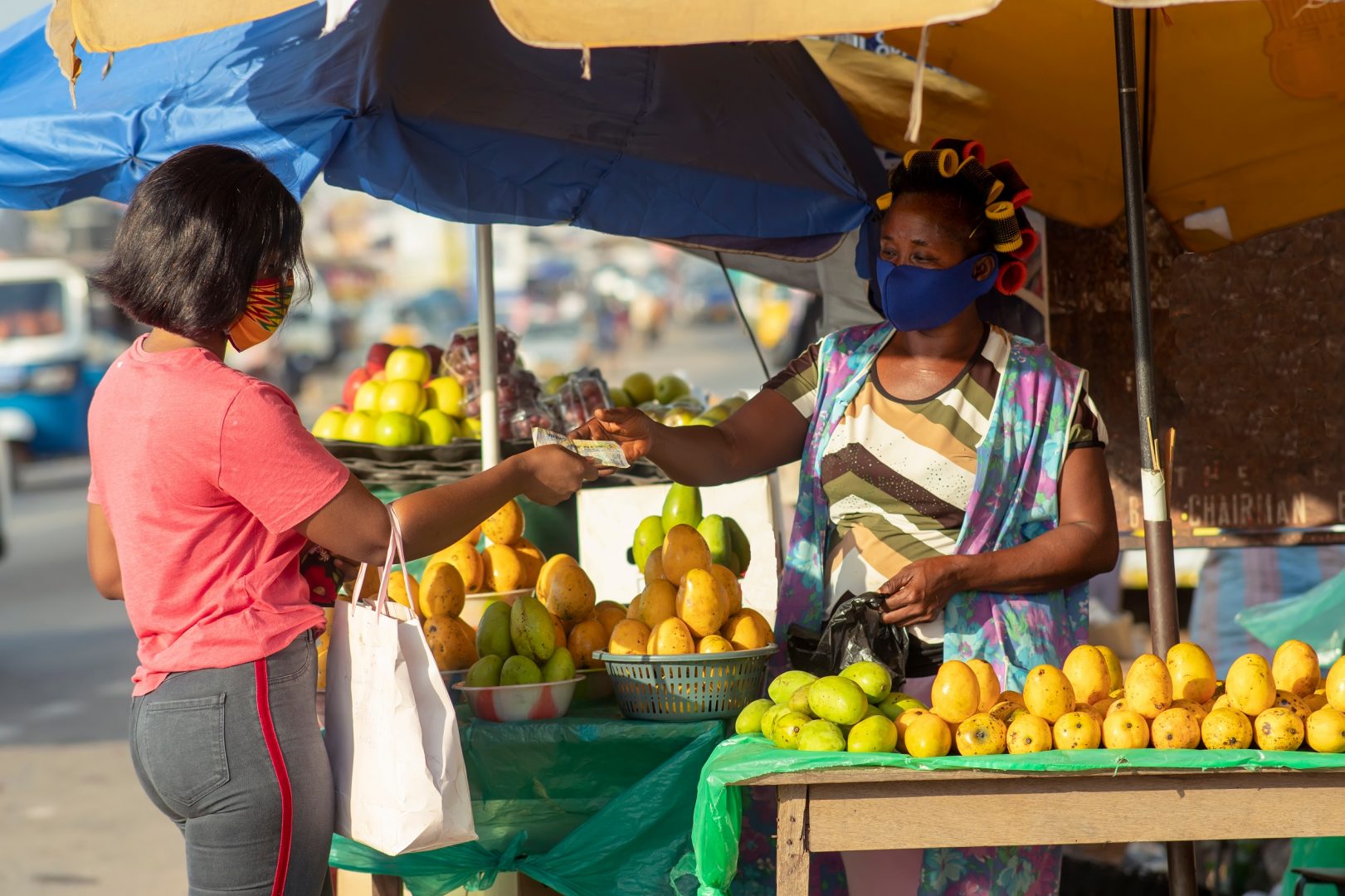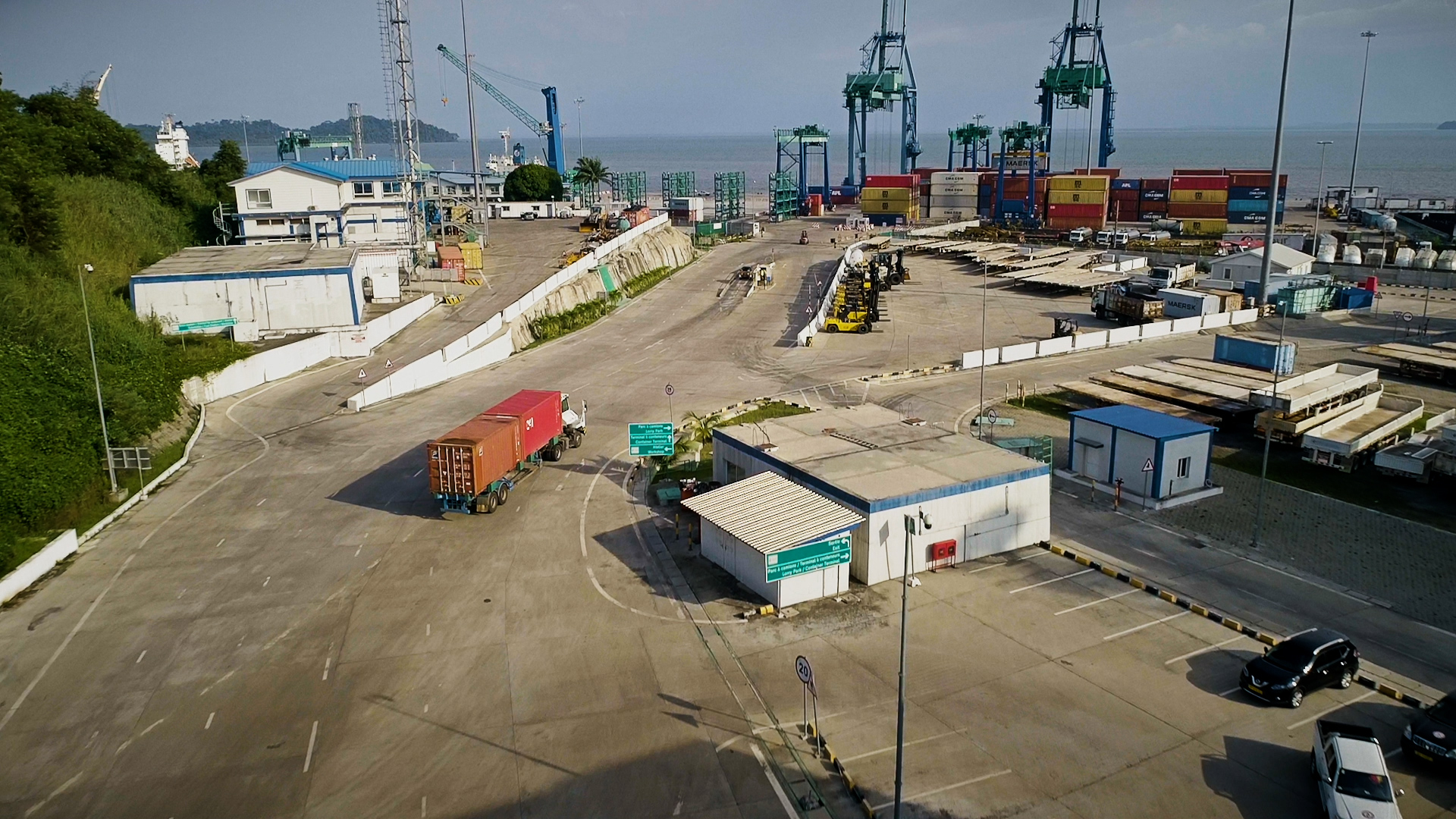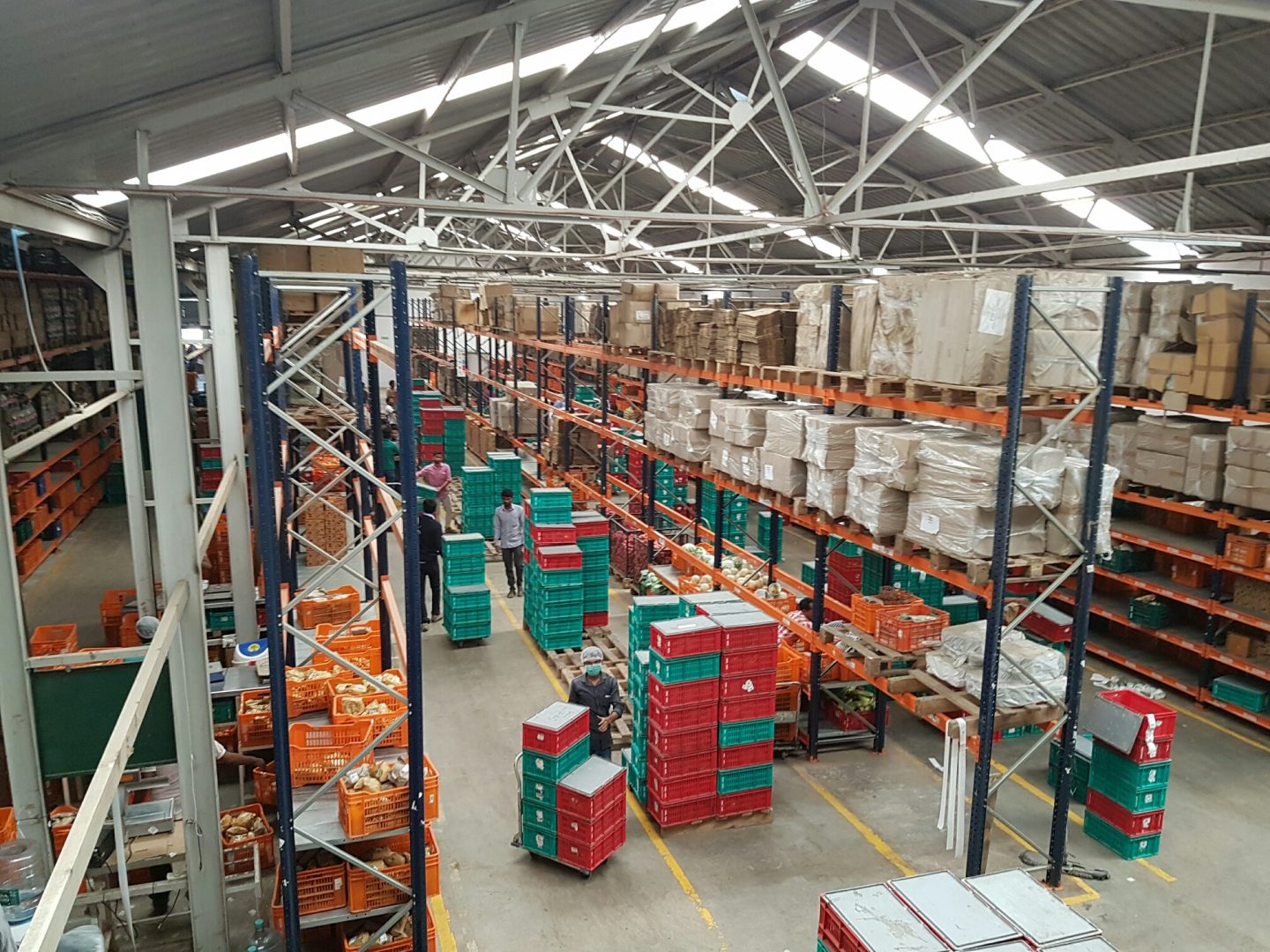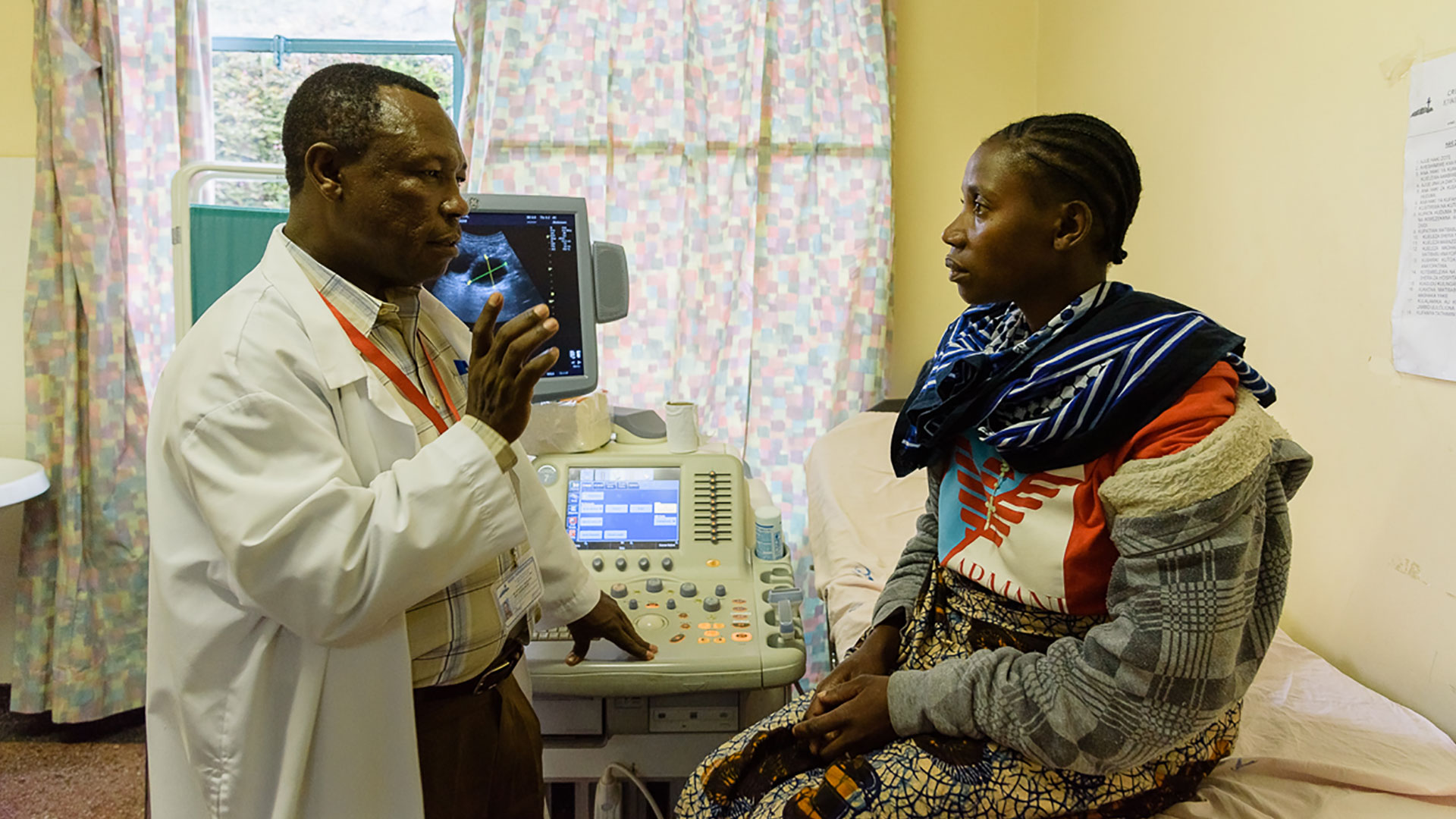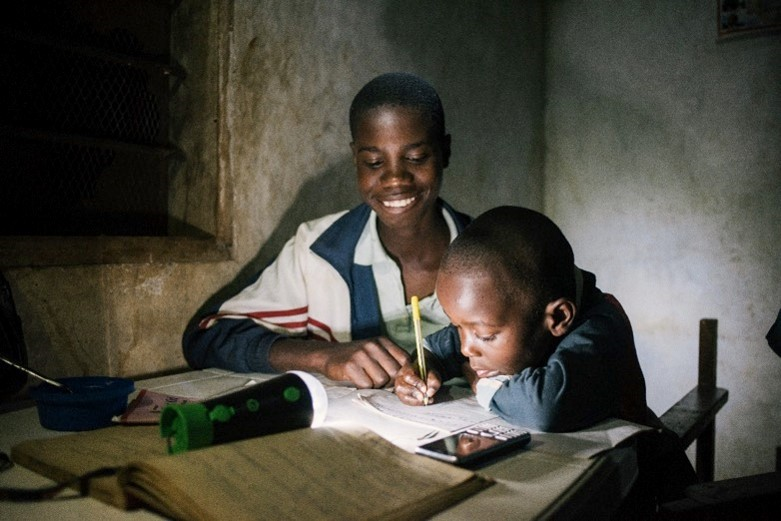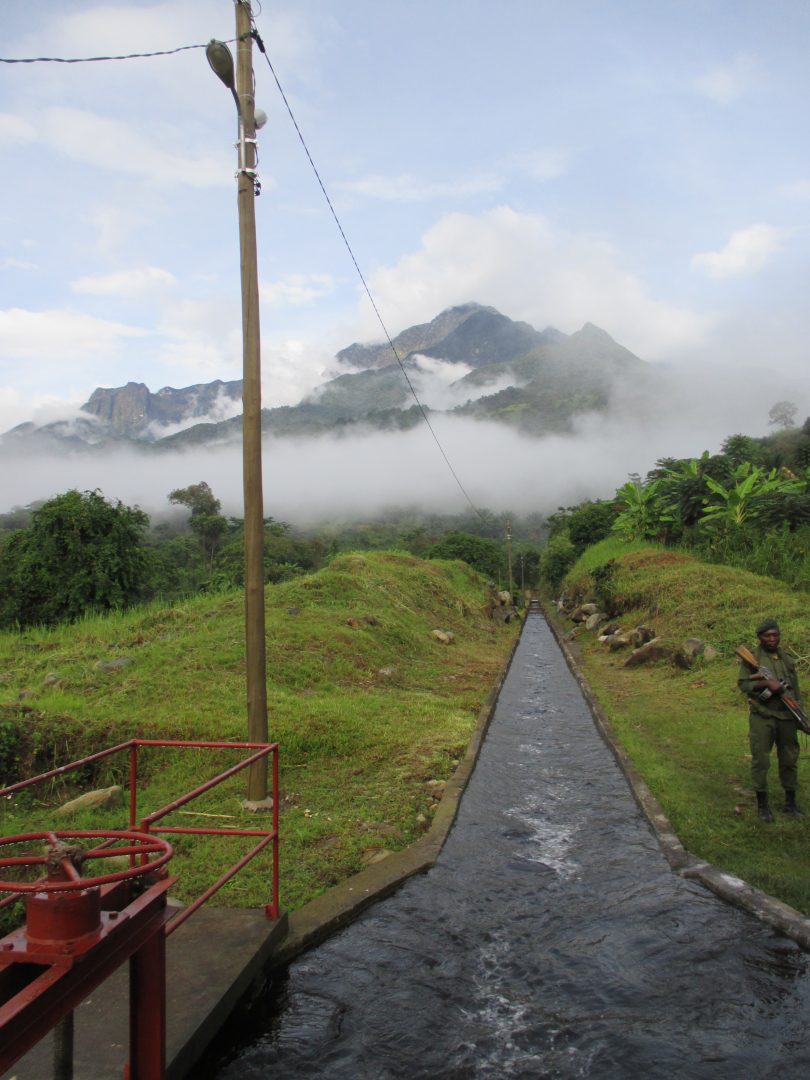FAFIN
Responding to a crisis: Supporting companies to continue working safely
When the COVID pandemic struck globally, the priority for many companies was the safety of their staff. While predominantly office-based workers could often move to working from home, this was not so easy for others.
As part of our efforts to support our investees respond to the challenges of the pandemic, we set up the Worker Engagement and Job Protection facility, funded by our technical assistance facility CDC Plus. One area of support provided by the facility is to work with companies to put in place effective measures to ensure the health and safety of staff throughout and after the pandemic.
One of the recipients was the Fund for Agricultural Finance in Nigeria (FAFIN). CDC invested in the fund, managed by Sahel Capital, in 2017.
FAFIN requested assistance to carry out COVID health and safety assessments at two of its own portfolio companies, Cocharis Farms, a modern large-scale rice farm and producing company located in Anambra state, Nigeria, and Crest Agro Limited, a large scale cassava farm and food grade cassava processing factory located in Kogi State, Nigeria.
“We chose to appoint a farm and a processing plant for the assessments as they cut across the value chain. This way we can apply what we have learnt to other portfolio companies in the future,” says Oladele Shekete, Vice President Operations and ESG Director at Sahel Capital.
The assessments were carried out by local consultants who identified the areas in the companies’ processes impacted by COVID-19 and developed strategies and procedures to ensure they are well-positioned for any similar events in future.
Additionally, the CDC Plus-funded health and safety assessments allowed Sahel Capital to evaluate their preparedness for the pandemic at a fund level and address the gaps to mitigate the risks.
“Other portfolio companies also benefitted from the exercise as we structured the findings into a webinar. The consultant discussed what they had done, and the advice they gave,” says Oladele. “We also had the portfolio company Managing Directors speak about the lessons they’d learned and the benefit of the assessment to their operations.”
COVID-19 isn’t the first time Oladele has had to navigate a health crisis. He was working in Liberia and Sierra Leone during the Ebola crisis, and the lessons he learnt were invaluable in determining his response to COVID. He knew the priority was to protect the portfolio. If companies were unable to operate then jobs and livelihoods would be put at risk. It was also critical to continue supplies of essential goods in countries with no social security net.
The first step was to complete a basic risk assessment and work out which companies could continue to operate without putting staff at risk and avoid a total shutdown.
As FAFIN’s portfolio is predominantly made up of agricultural companies, the team prioritised keeping food production going so critical orders could be met.
To do this safely, the fund encouraged companies to split their workforce into two teams to allow for social distancing within the workplace and reduce mixing between groups. “In addition,” Oladele says, “some of the companies offered their staff accommodation on their premises to try and reduce the risk of infection by avoiding commuting to and from work, while still monitoring production.”
In some cases, Sahel Capital was even more hands-on in supporting their portfolio companies by facilitating single-digit loan from the Central Bank of Nigeria to individual farmers. They were also able to use CDC’s guidance – covering emerging COVID best practice – in response to the pandemic. This helped to inform the policies they asked their portfolio companies to implement, enabling many to maintain production and avoid job losses.
By staying open, companies were able to meet some of the increased demand in online sales. In some cases, the companies were able to leverage the demand for online sales and increased their sales targets for the period.
“We had to make sure that we prevent COVID from having a negative impact on our operations. So, from time to time, we needed to be proactive and ask: what do we need to do to keep the companies at top performance?” says Oladele.
And for the staff, Oladele says, the assessment boosted their confidence in the workplace, knowing their employers were looking after their welfare.
“They found that it’s a win-win situation. They can see that the company management is not just concerned about revenue or sales, but even more so about their welfare.”
“We managed to avoid job losses within the portfolio over the course of the crisis. Because of the support in guidelines and policies we were able to keep the companies in operation throughout the period.”
As a result of the assessment, Sahel Capital’s management team now feel more confident about handling the impacts of the pandemic and ensuring their companies and staff have the right protocols in place to continue production as safely as possible.
They are now also looking at ways to use technology to boost revenue and sales, following the success they saw from meeting online demand.
Reflecting on the period, Oladele says Sahel Capital is proud of the steps taken to support its companies and their staff, and the success they have had in keeping businesses running.
“All these protocols are now becoming normal now in our companies. We have managed to introduce a norm where everybody is very conscious of protecting themselves. And an awareness that by protecting yourself, you are also protecting your colleagues and the business,” he says.


